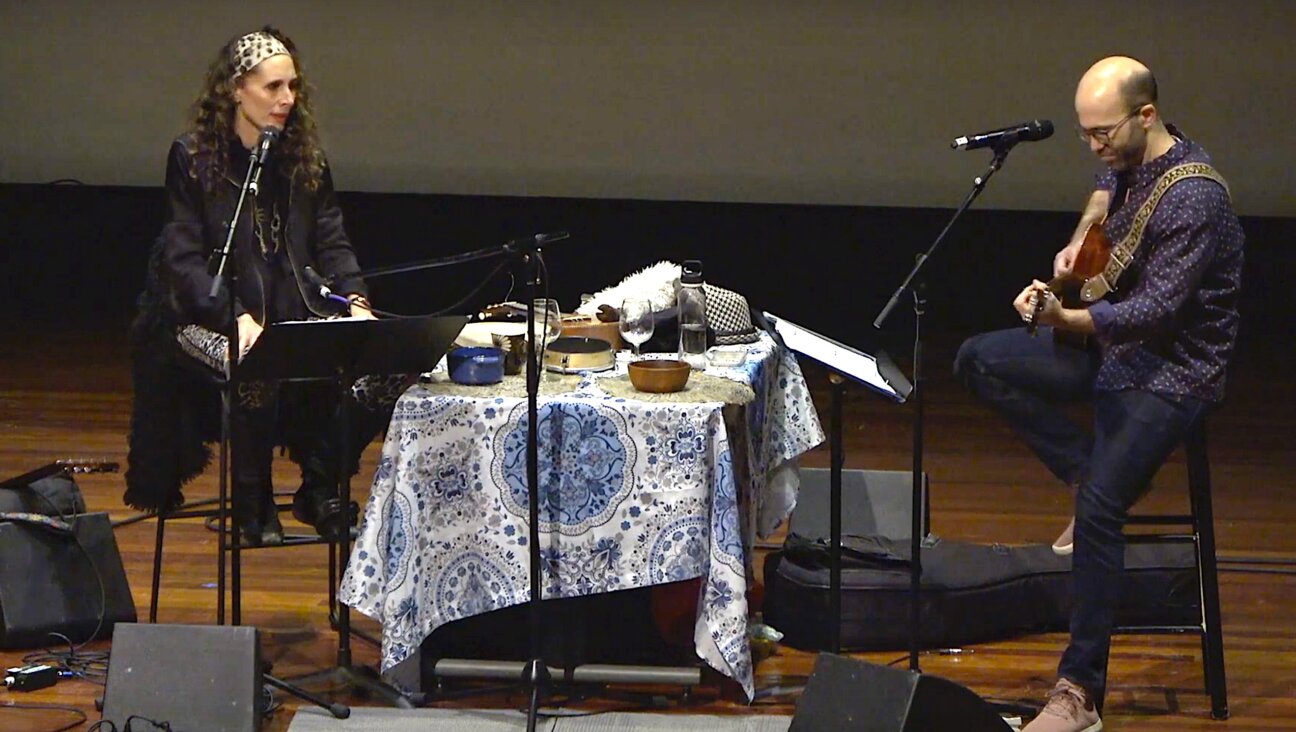How an indigenous hero inspired an epic poem in Yiddish
For Indigenous People’s Day, read this translated excerpt of the poem “Hatuey” by the Cuban Yiddish author, Osher Penn.

Graphic by Angelie Zaslavsky
In honor of Indigenous People’s Day this past Monday, I thought it would be fitting to share an English translation of this excerpt of the exquisite lyric poem, “Hatuey”, written by the Cuban Yiddish author, Osher Penn.
You can read this fragment in Pen’s original Yiddish here.
Hatuey was a Cuban indigenous freedom fighter from the Siboney tribe during Columbus’ lifetime who has becme an inspiration for a number of Yiddishists. There was even a Yiddish opera produced about him by klezmer star Frank London in 2018.
In this scene, Hatuey is caught by the Conquistadores and is about to be burned at the stake. A priest approaches him, calling on him to repent and accept Jesus, so he can enter heaven. Hatuey stands by his faith in the god, Semi, who his nation believes gives the Siboney their freedom and rules over the earth and the seas.
The earth and the sea!
And you give me heaven!
Is that where other fine, white people go?!
Oh white man, you priest,
I don’t want to go there!
I no longer want to be there, where a white man is!
And I want to die here, with my own belief.
The belief in freedom
grants eternal courage!
And do not console me, priest, –
Your consolation is lost on me,
The god of your consolation
is the god of gold and blood!
The priest stood there foaming at the mouth.
Clutching Jesus and the cross in his hand.
And from the fire
arose flames
toward the priest, toward the cross.
as if they were leaping,
leaping towards Jesus and burning ever more ardently.
























